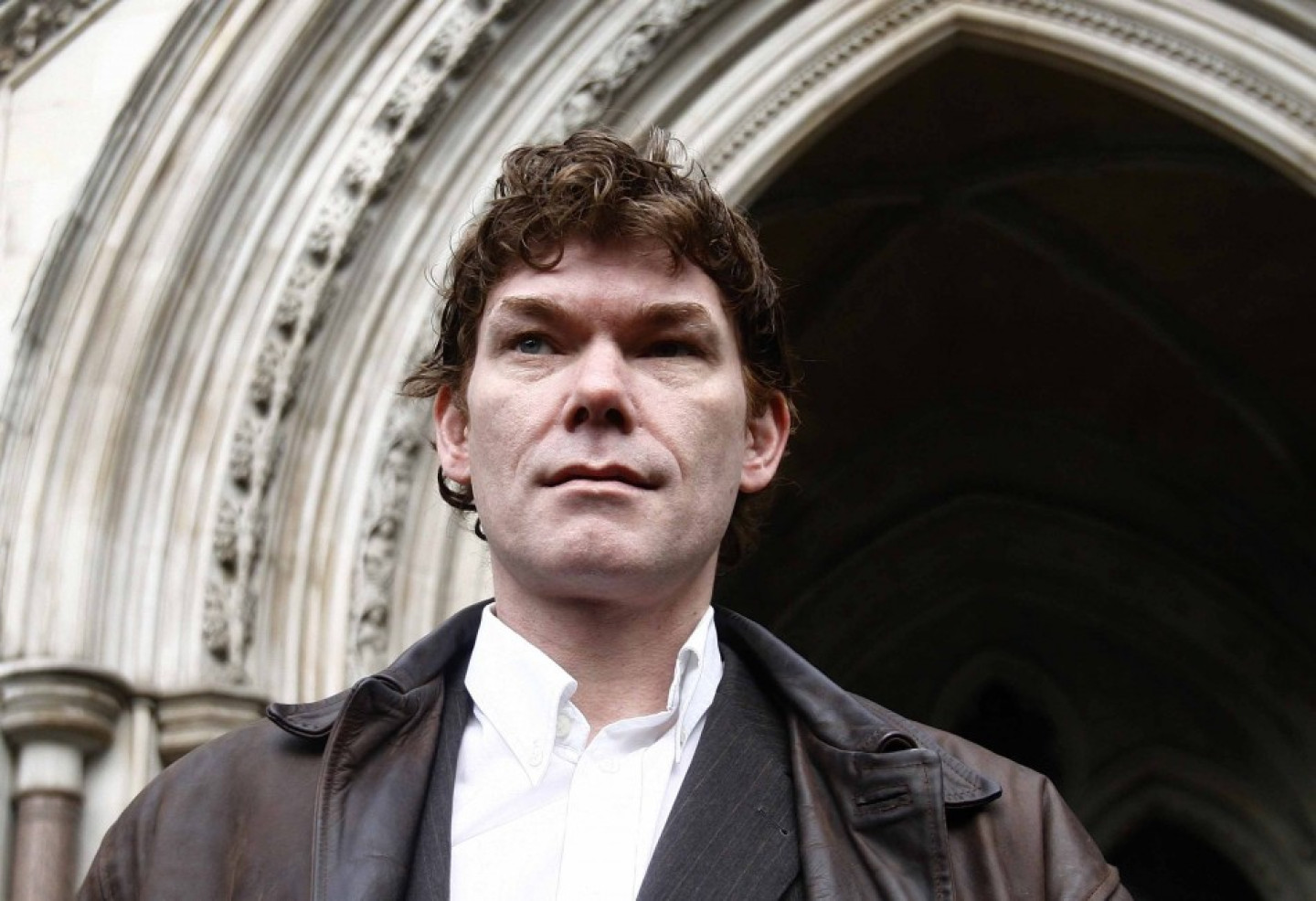Gary McKinnon: Campaigners Demand Change to Extradition Laws

For 10 years computer hacker Gary McKinnon has lived with the threat of extradition to the US and a 60-year jail sentence hanging over him.
From his Glasgow living room McKinnon hacked into the computer systems at the heart of the US government, the Pentagon and Nasa.
When he was found out, Washington demanded that the British legal system extradite him to face trial in the US.
This 46-year-old hacker, who has been diagnosed with Asperger's syndrome, says he was looking for evidence of UFOs.
He was not trying to bring down the government, he says, nor trying to leak sensitive security material to whatever enemy the US had positioned itself against that week but trying to discover "the truth" about flying saucers and little green men.
His mental health issues coupled with the pressure of fighting extradition for a decade means that he would be a suicide risk if he were put on trial in the US, say his lawyers.
They add that because the offences, which he confesses to, were committed on British soil he should face trial for them in the UK.
Campaigners hope that the home secretary, Theresa May, will intervene after years of legal wrangling and stop the extradition. Legislation, they say, is in desperate need of a rethink because it is weighted heavily in favour of the US.
The Extradition Act 2003 means that people can be extradited to certain countries, including the US, even if the offence against them does not exist on the UK's statute books.
Human rights organisation Liberty's Extradition Watch campaign is striving for legislative changes and greater safeguards.
"The 2003 Act was introduced in that post 9-11 context. They were looking to speed up extradition and of course the initial motivation was terrorists," Sophie Farthing, Liberty policy officer, told International Business Times UK.
"The problem with our extradition system is that for the sake of having an expeditious system, the government has got rid of too many safeguards.
"What we have been campaigning for is for there to be safeguards put back into our extradition system."
Liberty is cautiously optimistic that the government will make a decision about McKinnon's case soon.
"It will be surprising if it is much longer, but then again we said that last year," Farthing said.
According to the latest Home Office figures, taken from the Baker review into the UK's extradition laws published in October, there were 271 requests made for extradition to non-EU countries from 2004 to 31 July, 2011.
Of those 188 people have been surrendered. Other may still be awaiting removal from the UK.
Excluding extraditions to the EU, under the European Arrest Warrant scheme, Britain has received the most extradition request from the US.
In 2004 the US requested 24 people, although that year only three were extradited. There were 19 US extradition arrests in the UK in 2009, with 16 being taken out of the country in the same year.
Amendments to the legislation were made in 2006 to allow British courts to block extraditions if the alleged offences took place on British soil and to try suspects in home courts. An interest of justice test would be applied, though judges could still allow extraditions to go ahead if they thought a case failed the test.
The amendments have never been ratified, meaning people like Gary McKinnon still face trial elsewhere for crimes committed in the UK.
The enactment of the 2006 amendment is just one of the safeguards Liberty is calling for. Another is a dual criminality exception, meaning that someone could not be extradited for a crime that does not exist in the UK.
A final safeguard Liberty wants is the presentation of a basic case by the country wishing to extradite someone. This would mean tangible prima facie evidence is required before anyone is sent elsewhere for a trial.
© Copyright IBTimes 2025. All rights reserved.






















